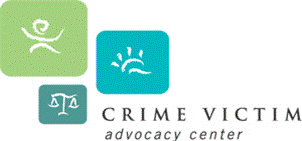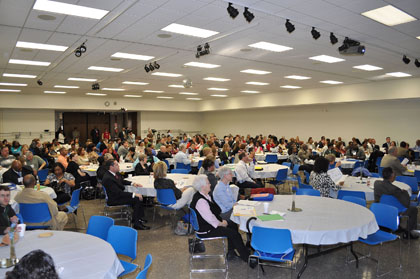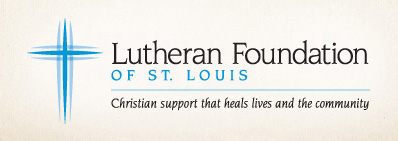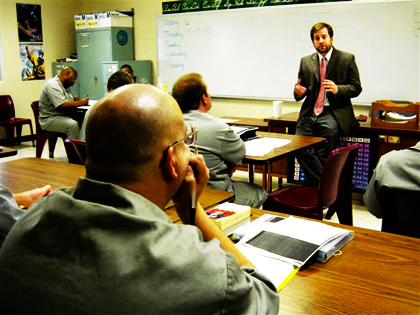 The Crime Victim Advocacy Center of St. Louis will host a Trivia Night on Saturday, April 16 at Cardinal Ritter High School (701 North Spring Avenue, St. Louis 63108). Doors open at 6 p.m. and questions will begin at 7 p.m.
The Crime Victim Advocacy Center of St. Louis will host a Trivia Night on Saturday, April 16 at Cardinal Ritter High School (701 North Spring Avenue, St. Louis 63108). Doors open at 6 p.m. and questions will begin at 7 p.m.Cost is $160 per table, and each table sits eight people. Pre-paid tables will receive eight free 50/50 raffle tickets at registration. The event will also feature attendance prizes, a silent auction, and more.
To register or for questions, contact Jennifer Myrick at (314) 877-1176 ext. 279. All proceeds to benefit the Crime Victim Advocacy Center.

 The 2011 STAR Summit will be held from 8:30 a.m. to 3:30 p.m. on Tuesday, March 15 at St. Louis Community College - Florissant Valley. Advanced registration is required. Deadline for on-line registration is March 4. There is a $10 registration fee per person. Lunch and parking are provided.
The 2011 STAR Summit will be held from 8:30 a.m. to 3:30 p.m. on Tuesday, March 15 at St. Louis Community College - Florissant Valley. Advanced registration is required. Deadline for on-line registration is March 4. There is a $10 registration fee per person. Lunch and parking are provided. ALL SPOTS ARE CURRENTLY FILLED FOR THIS EVENT.
ALL SPOTS ARE CURRENTLY FILLED FOR THIS EVENT. Article below copyright 2010 by
Article below copyright 2010 by